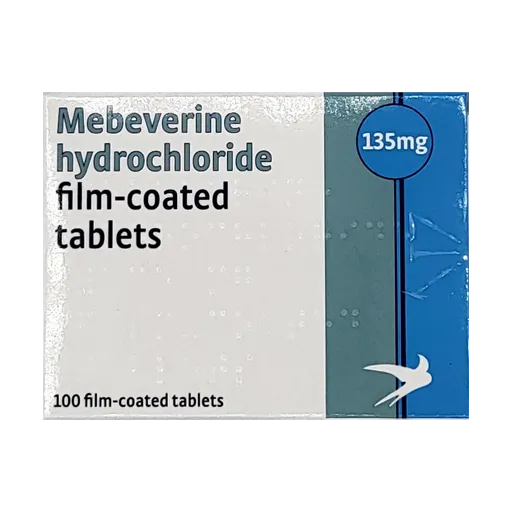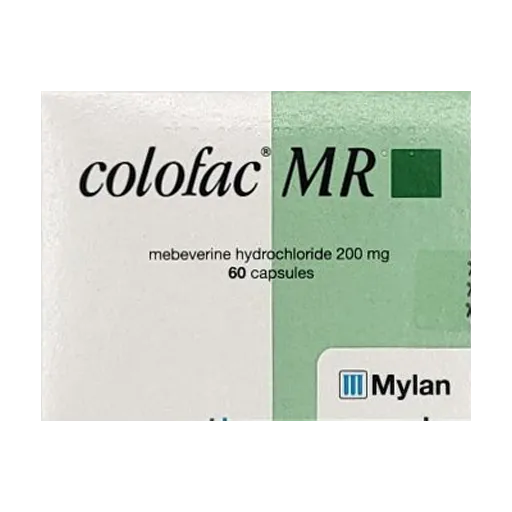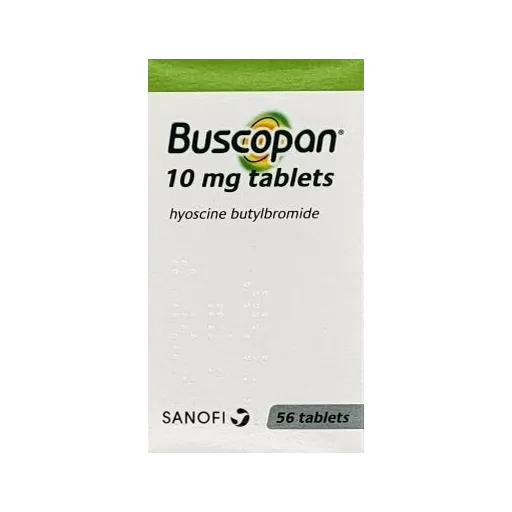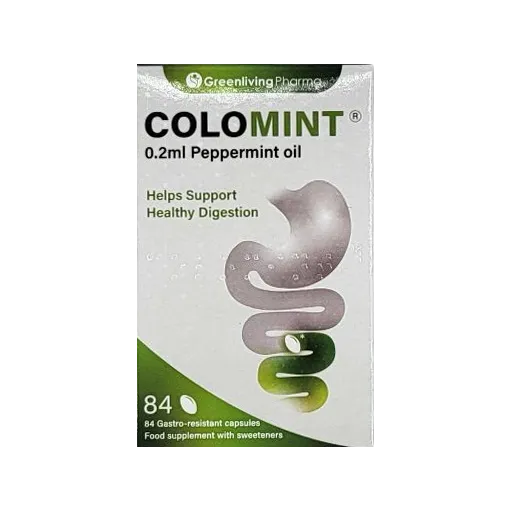irritable bowel syndrome consultation
Please fill in the questionnaire below. Any information provided will be kept confidential and will only be seen by a prescriber. These questions are designed to give our prescriber enough information to make a decision on whether the treatment is suitable, please fill them in truthfully.
irritable bowel syndrome
Irritable bowel syndrome (IBS) is a common condition that affects the digestive system. Common symtpoms include stomach cramps, bloating, diarrhoea and constipation. Attacks of IBS tend to come and go and certain things you eat can trigger symptoms, finding out what food cause your symptoms and avoiding them can help ease IBS. There are cetain medications that can relax your intestine and provide relief from IBS symptoms.
-
POM
-
POM
-
P
Irritable Bowel Syndrome (IBS)
Irritable Bowel Syndrome (IBS) is a common long-term condition that affects the digestive system, especially the large intestine (colon).
It causes symptoms like abdominal pain, bloating, gas, and changes in bowel habits — including diarrhoea, constipation, or both.
IBS can be uncomfortable and unpredictable, but it doesn't cause permanent harm or increase the risk of more serious bowel diseases. With the right treatment and lifestyle changes, symptoms can often be managed well.
What causes IBS?
The exact cause of IBS isn't fully understood, but it's thought to involve a combination of factors affecting how the gut and brain communicate.
Possible triggers and contributing factors include:
- Food sensitivity: Some people find their symptoms are triggered by certain foods
- Stress or anxiety: Emotional stress can affect the gut and worsen symptoms
- Changes in gut bacteria: A disrupted balance of gut microbes (dysbiosis) may contribute
- Overactive gut motility: Muscles in the bowel may contract too quickly or too slowly
- Infections: IBS can sometimes develop after a severe bout of gastroenteritis (called post-infectious IBS)
- Hormonal changes: Symptoms may fluctuate during the menstrual cycle
What are the symptoms of IBS?
IBS symptoms can vary from person to person, and may come and go. Common symptoms include:
- Abdominal pain or cramping — often relieved by passing wind or having a bowel movement
- Bloating or swelling in the tummy
- Excess wind (flatulence)
- Changes in bowel habits:
- Diarrhoea (IBS-D)
- Constipation (IBS-C)
- Alternating diarrhoea and constipation (IBS-M)
- Mucus in your stool
- A feeling of incomplete bowel emptying
Symptoms may be worse after eating and tend to improve after a bowel movement. IBS doesn't cause weight loss, bleeding, or persistent vomiting — if you have these, speak to your doctor urgently.
How is IBS diagnosed?
There's no single test for IBS. It's usually diagnosed based on symptoms and ruling out other conditions like coeliac disease or inflammatory bowel disease (IBD).
- Your GP will ask about your symptoms and medical history
- You may be asked to keep a food and symptom diary
- Blood tests may be done to rule out other causes (e.g. anaemia, thyroid issues, coeliac disease)
- A stool test may be done to check for inflammation or infection
In some cases, further tests like a colonoscopy may be needed — especially if you're over 50 or have concerning symptoms.
IBS treatments
IBS treatment focuses on managing symptoms. There's no one-size-fits-all cure, so it may take time to find what works for you.
Diet and lifestyle
- Eat regular meals: Avoid skipping meals or eating late at night
- Reduce trigger foods: Such as caffeine, alcohol, spicy or fatty foods, and artificial sweeteners
- Cut down on gas-producing foods: Beans, onions, cabbage, fizzy drinks
- Try a low FODMAP diet: Involves avoiding fermentable carbs that may trigger symptoms (best done with dietitian support)
- Stay hydrated: Aim for 6-8 glasses of water per day
- Exercise regularly: Helps stimulate digestion and reduce stress
- Manage stress: Relaxation, therapy, or mindfulness may help if stress is a trigger
Medications
- Antispasmodics (e.g. mebeverine, hyoscine): Help relieve abdominal cramping
- Laxatives (e.g. ispaghula husk or polyethylene glycol): For constipation (avoid stimulant laxatives long-term)
- Anti-diarrhoeal medicines (e.g. loperamide): Help reduce frequent loose stools
- Probiotics: May help regulate gut bacteria — effects vary between products
- Low-dose antidepressants: May help reduce gut sensitivity and pain in some people (e.g. amitriptyline)
Will IBS treatment work?
Many people with IBS find relief by identifying triggers and making gradual lifestyle changes. Medication can help manage specific symptoms.
While IBS is a chronic condition, symptoms can often be well controlled — especially with support from a GP, pharmacist, or dietitian.
Keeping a symptom diary may help you notice patterns and tailor treatment more effectively.
IBS treatment side effects
Most IBS treatments are safe, but side effects can happen depending on the medication:
- Antispasmodics: Can cause dry mouth, drowsiness, or blurred vision
- Laxatives: May cause bloating or wind when first used
- Loperamide: May lead to constipation or stomach cramps if overused
- Probiotics: Occasionally cause gas or bloating when starting
- Antidepressants: May cause dry mouth, dizziness, or changes in appetite (usually mild at low doses)
Always speak to a healthcare professional before starting new treatments or making major changes to your diet.




